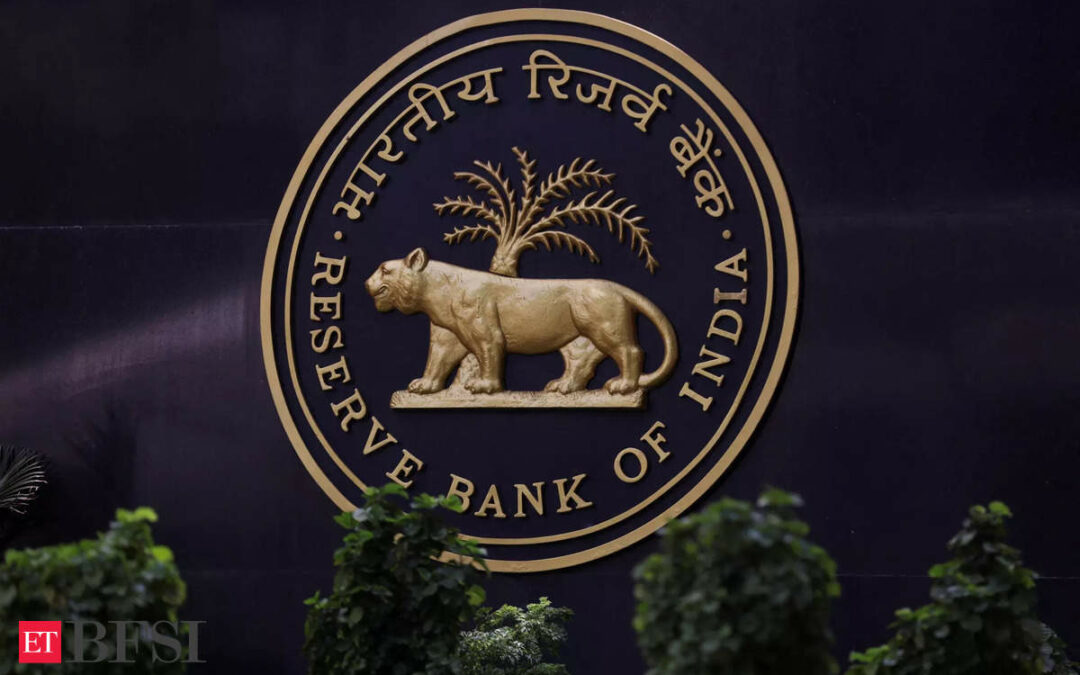Mumbai, Banks should adopt a “bottom-up” approach for preparing credit plans to fulfil fund requirements for different segments in districts, RBI Deputy Governor Swaminathan J has said. Addressing a conference for lead district managers of Maharashtra last week, the Deputy Governor said the aspect of design and development starts with the credit plans, according to a RBI release.
The Lead Bank Scheme (LBS) was conceptualised in 1969 to coordinate the efforts of the credit institutions and the government.
“Credit planning should adopt a bottom-up approach to convey the needs of the centres and then designing a plan best suited to address those,” he said.
It is also important to understand that, while the targets should strive to be aspirational in ideas, they should be realistic enough to translate into execution and reflect the local credit needs, the senior Reserve Bank official said.
He further said that in this age of abundance of data and analytical models, a data-based empirical approach to designing of credit plan is essential. Such techniques provide the ease with which targeted strategies can be developed for intervention.
“Having said that, the primary step of data collection should be through field surveys and not be substituted by just an academic understanding. The field surveys also enable to identify those areas which are more in need of credit flow and have a better capability of servicing the loans. This should be the premise on which you formulate bankable schemes,” Swaminathan said.
The Deputy Governor also informed the gathering that statistics show that about half of the Self-Help Groups (SHGs) are yet to be linked to formal credit, and a large proportion of small and marginal farmers still lack access to bank financing.
Another class of potential borrowers which has remained underserved are the MSMEs and within that, those led by women.
“Therefore, when we adopt an empirical approach coupled with your on-ground experience for designing of a credit plan, the credit requirements of such segments can be effectively addressed through suitable Potential Linked Credit Plans as well as in block and district-level credit strategies,” Swaminathan said.
Over the decades, LBS has evolved in alignment with India’s developmental priorities.
At its core, the LBS framework facilitates coordinated efforts among banks, financial institutions, and government machinery, resulting in improved banking access and enhanced credit flow to vital sectors.










